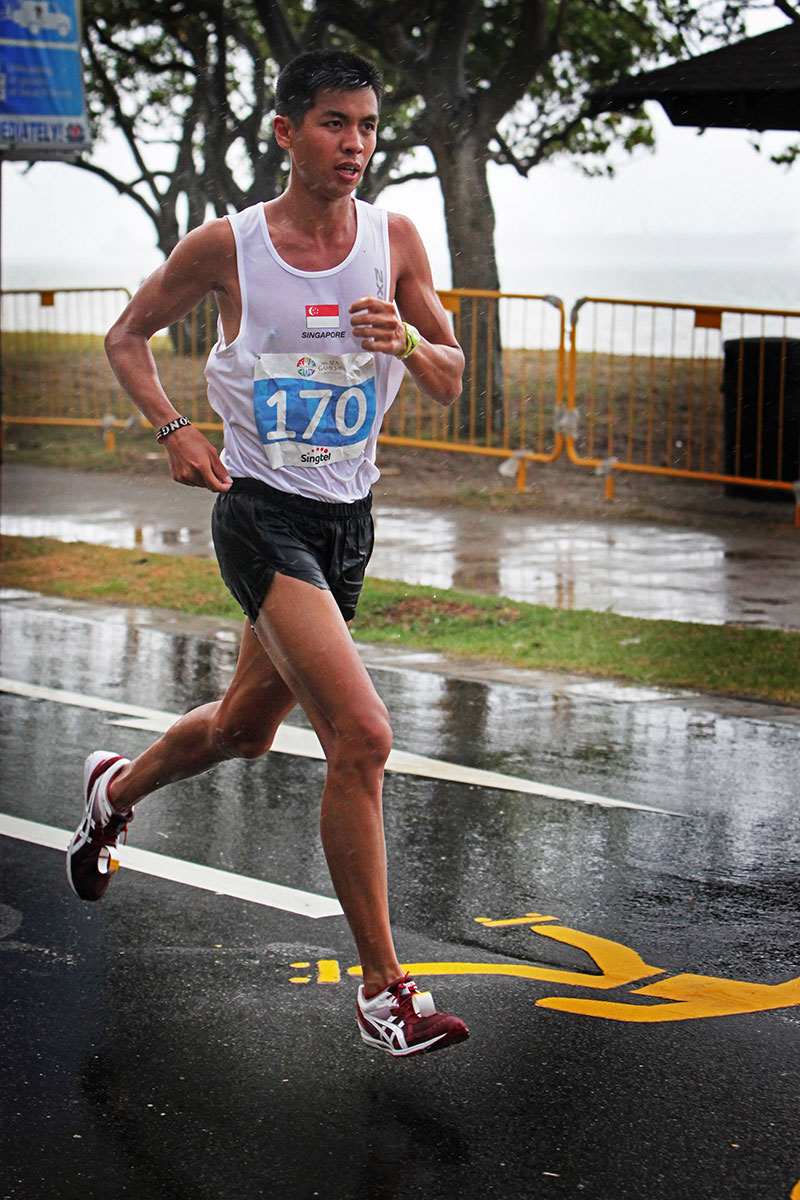Running often places good stress (eustress) on the body, resulting in many physiological and emotional benefits. What tends to get covered up is bad stress (distress), typically occurring at a low level but persisting for days, months and years. Enter the reality more individuals are dealing with: chronic stress.
Acute “Fight-or-flight”
Say you are running at MacRitchie Reservoir and stumble upon the cobra versus python fight. In response to a sudden threat, you can “fight” (strongly discouraged) or take “flight” (use your fast legs to run away). While you make the conscious decision, rapid physiological changes unconsciously occur: faster pulse, rapid breaths, diversion of blood flow from organs to skeletal muscles, and release of cortisol (stress hormone) in the bloodstream. This stress response is a helpful survival mechanism.
Chronic “Fight-or-flight”
Take away the real threat of snakes and individuals still complain of “stress”. Why? The brain often cannot differentiate between a real or perceived threat. Work deadlines, school pressures, and emotional stresses thus fuel a state of chronic stress.

Stress Cascade
Runners are not exempt from overstimulated nervous systems, manifesting in distress like anxiety, attention deficits, “brain fog”, low immunity, digestive issues, and fatigue. With root stressors not addressed, cortisol gets released at a chronic level, causing nervous system tension, training fatigue, and poor health.
Decreasing Nervous System Tone
Doctor of Chiropractic check and adjust vertebral subluxations (spinal misalignments causing nerve interference). Instead of the sympathetic nervous system (“fight-or-flight”) in overdrive, the parasympathetic nervous system (“rest and digest”) gets more engaged. The following patient transformations show that chiropractic goes beyond just musculoskeletal discomforts:
- Runner with depression and daily anxiety attacks -> “more motivation & optimism to take on each day” plus anxiety attack resolution
- Senior with chronic poor appetite and eating-associated nausea -> significantly improved appetite
- Patient with chronic fatigue due to poor quality sleep up to 5 hours -> ability to continuously sleep with good quality for 10 hours
- Athlete frequently falling sick before peaking for a big race -> significantly improved immunity

Athletic Potential Maximization
Your body cannot simultaneously deal with growth (getting a personal best) and fear (chronic stress due to a real or perceived threat). Being “amped up” in terms of nervous system tone diverts limited resources away from vital organs and functioning, eventually setting one up for a state of distress. As a fellow runner, I hope you find the trail leading to eustress.




Awesome post Ashley! Love you 🙂